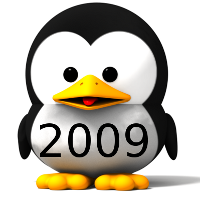
Wrap your head around this: In a couple of hours, the 90′s will be 20 years ago! Yup, its scary I know. But hey think of it this way: in 1990 we didn’t even have Linux, and in 2000 Linux looks like a crippled OS compared to today’s Linux. So its all good.
Here I compiled a quick and dirty list of the top 9 Linux stories in 2009. Did I miss any? Please tell us in the comments.
9-It’s time to party like it’s 1234567890
On February 13, 2009 at exactly 23:31:30 (UTC), the decimal representation of Unix time was equal to ’1234567890′. Parties and other celebrations were held around the world, among various technical subcultures, to celebrate the 1234567890 day. Somebody even created a website to chronicle 1234567890 day, Geeks partied, and even Google joined in the action!
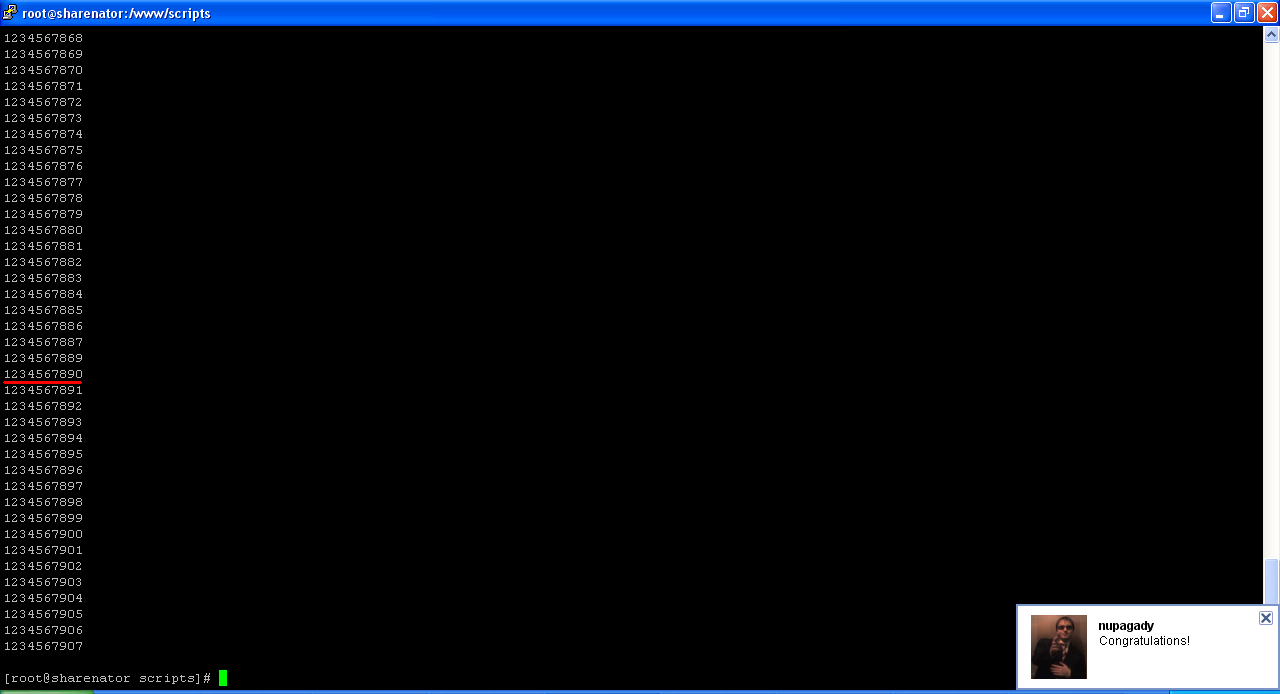
8-Microsoft stuns Linux world, submits source code for kernel
In July, Microsoft annoucned that it released 20,000 lines of code to the Linux kernel:
The code, which includes three Linux device drivers, has been submitted to the Linux kernel community for inclusion in the Linux tree. The drivers will be available to the Linux community and customers alike, and will enhance the performance of the Linux operating system when virtualized on Windows Server 2008 Hyper-V or Windows Server 2008 R2 Hyper-V.
However, it was just too good to be true. Only a mere days after Microsoft’s announcement, it was discovered that the only reason MS released it because of a GPL violation.
7-Microsoft ‘indoctrinates’ Best Buy workers with anti-Linux lies
In an effort to thwart Linux sales on netbooks, Microsoft has started a training program at Best Buy to educate their experts Linux. And true to their fashion, MS resorted to FUD (Fear, Uncertainty, and Doubt) and straight out LIES! However, Microsoft still maintains that Linux is not a threat to their market, they are just spending all this money to help people make an educated decision. Funny thing, is that they ended up promoting Linux. And true to our fashion, The Linuxologist debunked. Here are some scans of their expert program:
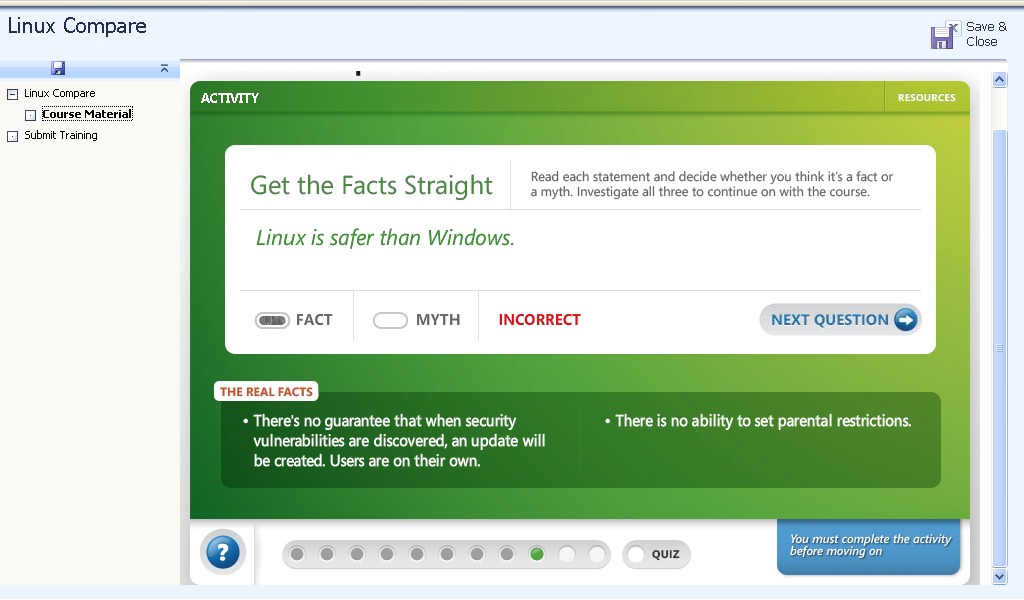
6-Linux Kernel turns 15
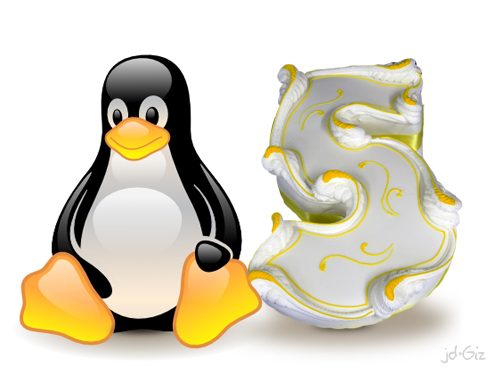
On March 13 1994, the first stable Linux kernel was released. Little did Linus know that his little project will take upon the world!
5-Chrome OS
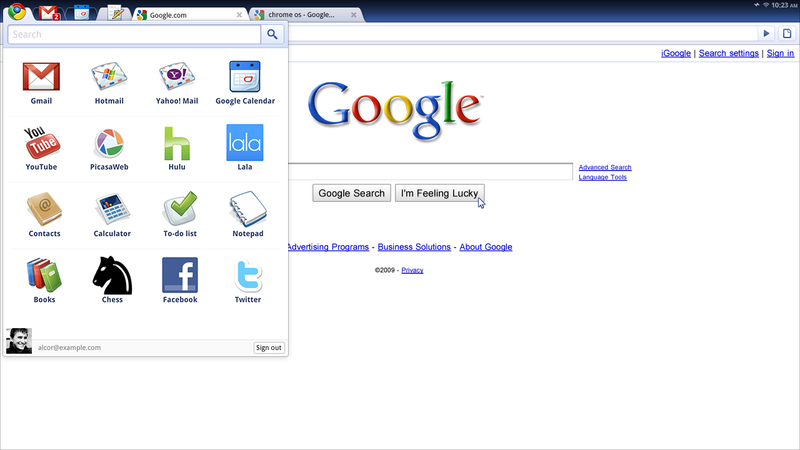
Announced on July, Chrome OS is set to have a publicly available stable release during the second half of 2010. The operating system is based on Linux and will run only on specifically designed hardware. The user interface takes a minimalist approach, resembling that of the Chrome web browser. Because the browser will be the only application residing on the device, Google Chrome OS is aimed at users who spend most of their computer time on the Internet.
4- Microsoft Patents Sudo
You know that little command you type to make all the magic work, “sudo?” Well yeah, Microsoft tried to patent it! I know, I know, some argue that its not really sudo and that is something different. But that is no the point. The point is that this illustrates how silly software patents are and we should all together eliminate it from our lawbooks. Amen to that!
3-Mark Shuttlworth Stepping Down as Ubuntu CEO
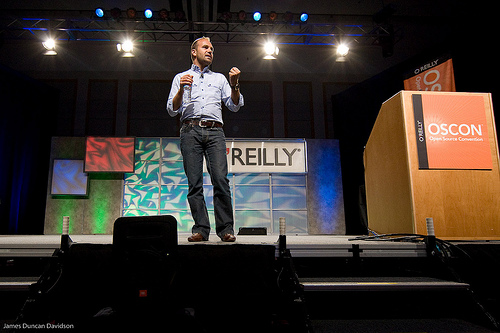
On 17 December 2009 Mark announced that, effective March of 2010, he would step down as CEO of Canonical to focus energy on product design, partnership and customers. Jane Silber, COO at Canonical since 2004, will take on the job of CEO at Canonical.
2-Mysql vs. Oracle
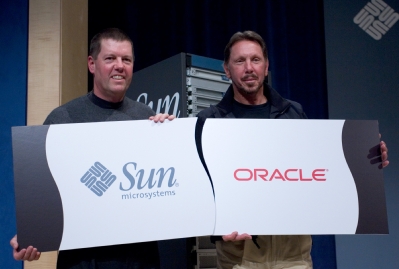
In April, Oracle Corporation entered into an agreement to purchase Sun Microsystems, current owners of the MySQL intellectual property. Sun’s board of directors unanimously approved the deal, it was also approved by Sun’s shareholders, and by the U.S. government in August. However this raised serious concerns because Oracle is essentially a database company. In Europe the merge is under scrutiny by EU antitrust regulators, whose main concerns are on conflict of interests with existing database software by Oracle. Michael Widenius, father of MySQL, launched apetition to pledge EU Commission to stop the deal.
1-Android Taking The World by Storm
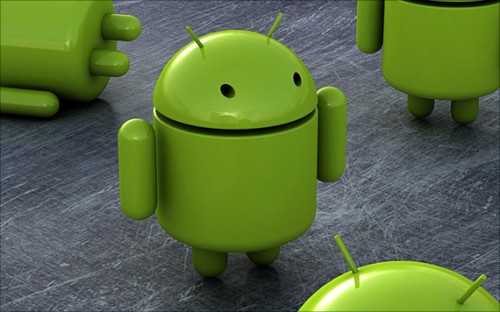
2009 will be looked at as the year that Android OS really took off. The first Android phone was released in October 2008, the G1, wasn’t really a big hit. A few of the early adopters, including me, picked it up. However, in 2009, things really boomed. More than a dozen devices wer announced/released, covering both mid and high ends of the smartphone market. Most notably, the Motroloa Droid, was lauded by many analysts and was put right up there with the iPhone. By November 23rd, Android accounted for at least 20% share of the US smartphone market. Not a bad feat in one year.